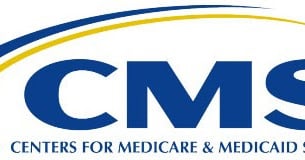The Centers for Medicare and Medicaid Services (CMS) has issued a 962-page proposed rule covering...
APA Praises Sens. Grassley, Brown for Bill to Protect Part D Coverage of Needed Mental Health Medications
 |
If passed, the legislation would prevent the Centers for Medicare and Medicaid Services (CMS) from implementing rules putting restrictions on those classes of medications outside of the formal regulatory process—medications that are needed by the most vulnerable psychiatric patients. In January 2014, CMS had proposed a rule that could have limited “protected class” status, but dropped the proposal in the face of public opposition led by APA, medical societies, patient advocates, and other allied stakeholders.
The Grassley-Brown bill would require protected-class status for antipsychotics, antidepressants, anticonvulsants, antineoplastics, antiretrovirals, and immunosuppressants, meaning that all or substantially all of the medications in these categories would continue to be available to patients.
“We applaud this bipartisan legislation, which will ensure that Medicare patients will continue to have coverage for these needed medications,” said APA CEO and Medical Director Saul Levin, M.D., M.P.A. “We thank Sen. Grassley and Sen. Brown for their leadership on this important issue. The legislation would protect our nation’s most vulnerable citizens who depend on these life-saving treatments for depression, schizophrenia, and other serious and chronic illnesses.”
For more information on CMS’s withdrawal of the proposal to eliminate certain psychiatric medications from protected status last year, see Psychiatric News.





